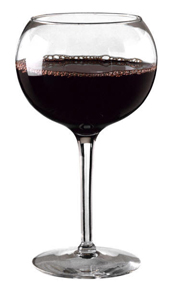 What’s in a bottle of wine? That’s a key question in the decision in R. v. A.O. released by the Ontario Court of Appeal last Friday.
What’s in a bottle of wine? That’s a key question in the decision in R. v. A.O. released by the Ontario Court of Appeal last Friday.The appellant, A.O., appealed his conviction on three counts of sexual assault and one count of administering a stupefying drug with intent to commit sexual assault. The case stemmed from incidents in which three women went to A.O.’s business on the premise of participating in a paid wine survey. After vomiting and falling ill after drinking red wine, they alleged A.O. sexually assaulted them.
According to the Crown, the wine contained gamma-hydroxidebutyrate (GHB), a naturally occurring substance that can also act as a date-rape drug. In its natural form, it doesn’t produce significant effects. But the non-natural version is much more potent, Justice Michael Moldaver noted in the ruling.
According to the decision, the Crown witness who analyzed items seized by police only did qualitative testing on them. But to determine whether the substance was naturally occurring or not, quantitative analysis is necessary. The expert found GHB in one of two wine bottles analyzed.
A.O. challenged his conviction on the basis of introducing fresh evidence that GHB occurs naturally in all red wine so that its presence in the seized items wasn’t significant. He also sought to adduce evidence of quantitative testing showing that GHB occurs naturally in the same brand and vintage of wine as the bottles seized.
While the Crown argued the GHB evidence wouldn’t have affected the result, the appeal court thought otherwise. “With the new evidence, there would have been no scientific evidence that the complainants’ wine was laced with non-naturally occurring GHB,” Moldaver wrote. “It follows that the new evidence that GHB occurs naturally in wine, and that it occurred naturally in this brand and vintage of wine, when taken with the other evidence adduced at trial, was sufficiently cogent that it could reasonably be expected to have affected the jury’s willingness to act on the evidence of the complainants to convict.”
As a result, the appeal court ordered a new trial.







